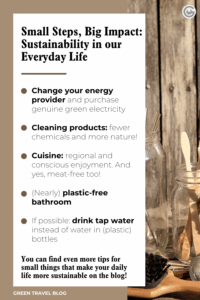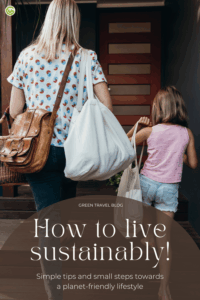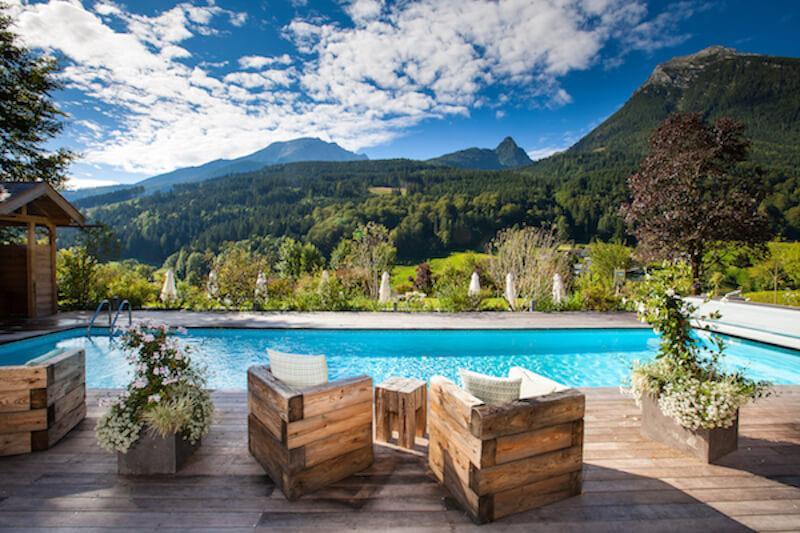Sometimes, making small decisions or minor adjustments can help improve sustainability in everyday life. In collaboration with our Green PearlsⓇ partner hotels, we’ve developed ideas for seemingly minor changes that have had a significant impact on daily life in hotels. Many of which can easily be integrated into your own life.
„Our guests often comment on how little details demonstrate our deep commitment to sustainability – this sparks conversation and inspires them to make changes at home, too.“ – Hotel Korinjak, Croatia
1. Energy: Impactful rethinking
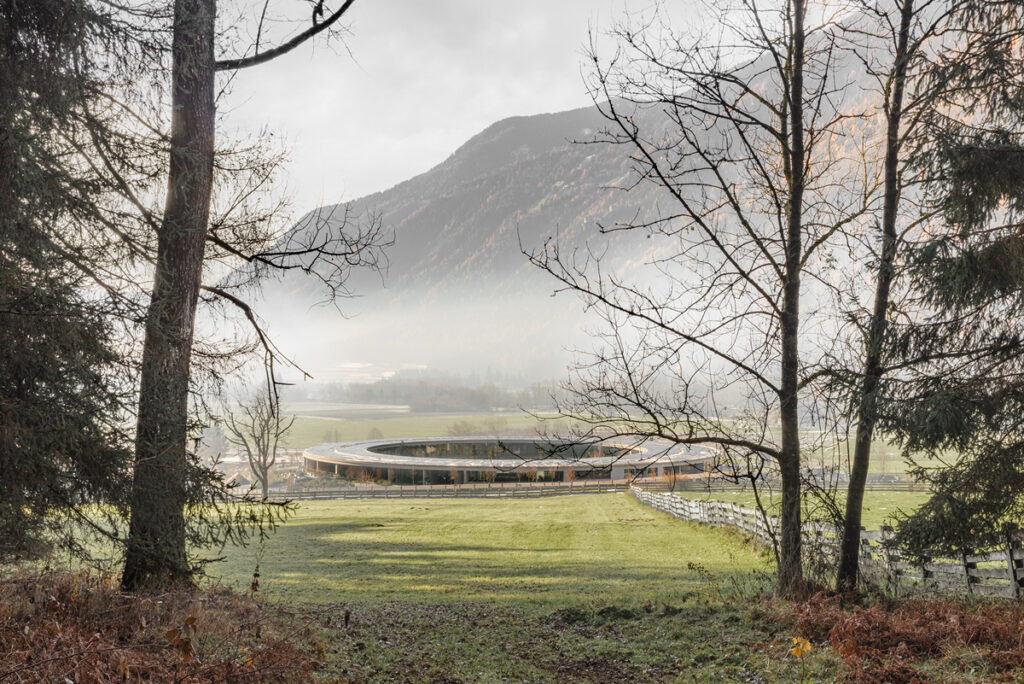
Energy is the largest source of CO₂ emissions, and coal-to-electricity conversion is the biggest contributor. Even small changes in our daily lives can have a significant impact here.
- Switch electricity providers: Choose genuine green electricity from 100% renewable sources. Make an informed decision to avoid electricity generated from fossil fuels and nuclear power. Although the latter produces less CO₂, it poses enormous environmental and human risks. (For Germany, Utopia offers a good comparison of green electricity providers.)
- Purchase energy-efficient appliances: Look for the best energy rating when buying anything from toasters to washing machines. As the Hotel Milano Scala explains, this is particularly noticeable in hotel kitchens. The hotel opts for energy-saving models when purchasing new ovens and hobs. The Milan city hotel obtains its electricity from geothermal probes and is known as a “zero-emission hotel”.
- Use a mains isolator : With a so-called bioelectric switch, you can disconnect the power supply to all devices, including Wi-Fi, at the touch of a button in the evening. No standby, no lights. According to guests at the Albergo Diffuso Relais del Maro in Liguria, this has noticeably improved their sleep quality.
- Turn off the lights, turn down the heating, and save water: Simple but effective. At the family-run Hotel Bella Vista Zermatt, with views of the Matterhorn, stylishly designed notices in the rooms remind guests to use energy and resources consciously, even on vacation.
2. Save plastic: Conserve resources and avoid waste
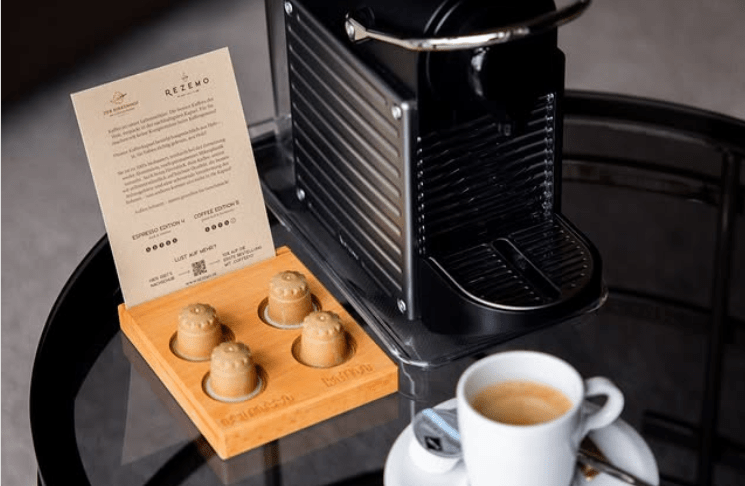
Avoiding single-use plastic is an easy way to start living more consciously. If you would like to learn more, we recommend the article “Goodbye Single-Use Plastic.” In the meantime, here are a few examples to get you started:
- Avoid disposable items, such as straws, cups, and stirrers. The Hotel Korinjak on the island of Iz in Croatia has adopted this policy and has already saved a significant amount of waste.
- Wooden coffee capsules are a sustainable and biodegradable alternative to plastic. The Birkenhof***** Spa & Genussresort in the Upper Palatinate Lake District, for example, uses Rezemo’s wooden coffee capsules. “We focus on sustainable details that make a big difference,” reports the luxury resort in the Upper Palatinate Lake District..
- Reusable instead of Tetra Paks: The Eco-Hotel Okelmann’s in Lower Saxony reports: “We have switched to reusable bottles for our oat milk. It’s incredible how much waste we’ve saved. It’s a small change that makes a big difference.”
- Instead of buying water bottles, refill them. The APIPURA hotel rinner, located in South Tyrol, is a member of Refill and has noticed that significantly fewer water bottles are ending up in the trash. The Refill app makes it easy to find a refill station near you.
3. Rethinking water: conscious enjoyment
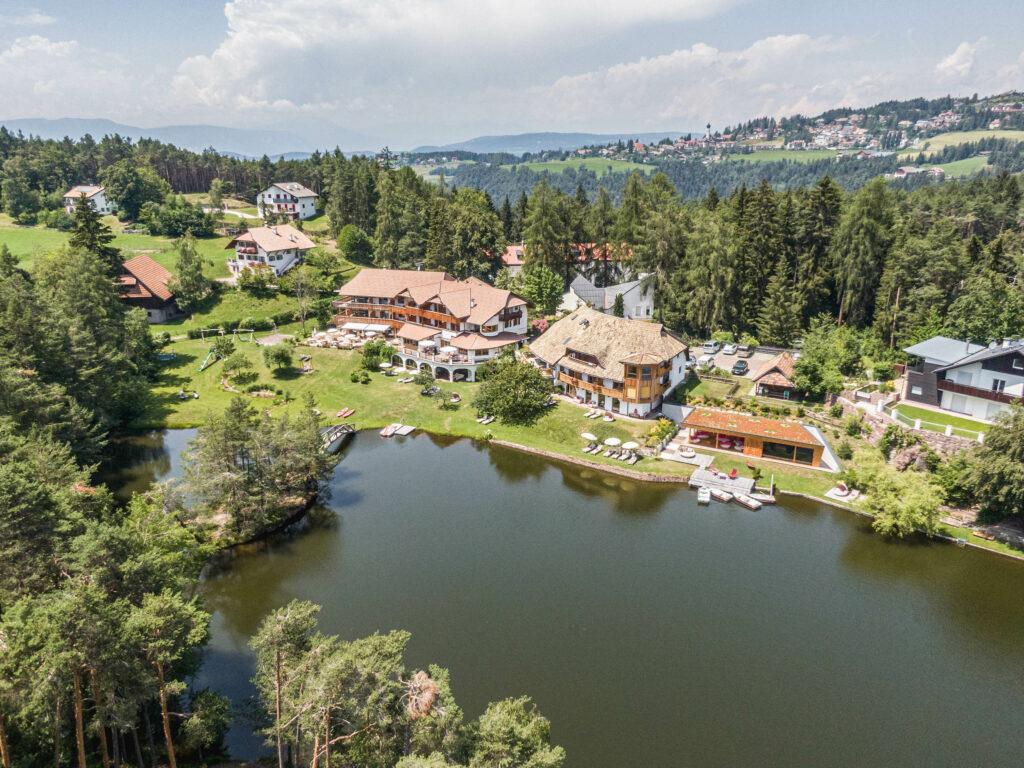
While we’re on the subject of water, a precious commodity, be aware that having clean water come straight out of your tap is a great treasure. Using it sensibly is a fair and environmentally friendly practice.
- Drink tap water instead of bottled water. This reduces the need for transportation and packaging, thereby conserving resources. According to Klaus Pichler, the host of the Hotel Weihrerhof, guests have positively received this change. The hotel is located at 1,200 meters above sea level on the Ritten plateau in South Tyrol and enjoys excellent water quality.
- Bottle spring water and donate the proceeds. For example, the wellness hotel My Arbor near Brixen does this with pure Plose spring water. “For every bottle sold, we donate one euro to regional organizations such as the White Cross or the volunteer fire department,” the hosts report. Idea for home: Switch from bottled water to tap water and calculate how much money you save. Donate that amount. In my opinion, a suitable organization is “WIR — Water Is Right,” which campaigns for clean drinking water worldwide..
4. Food and Cuisine: Regional, organic, and mindful
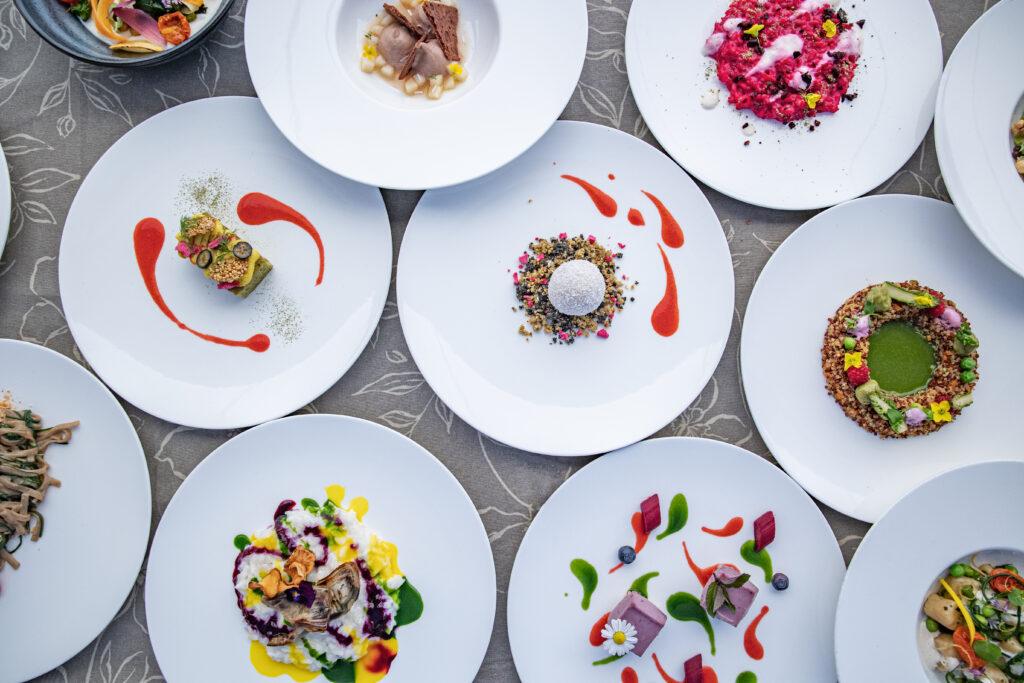
Our food choices directly impact the environment. Many hotels are embracing conscious cuisine, and so can you.
- Your own herb garden & homemade herbal tea: Growing your own herbs is possible even if you don’t have much space, and you can use them in the kitchen. The Hotel Korinjak in Croatia also uses its own herbs to make herbal tea blends. Guests can enjoy the tea free of charge throughout the day as a refreshing drink — it’s sustainable, tasty, and personalized! Maybe this is something you could do at home, too?
- Vegan Cuisine: Adopting a vegan lifestyle doesn’t require a total transformation. Try going without animal products for one meal or one day and enjoying plant-based foods instead. Studies and calculations consistently demonstrate that a vegan diet is the most climate-friendly. According to the German Federal Environment Agency and Statista, the average meat eater causes 1,730 kg of CO2 emissions, the average vegetarian causes 1,280 kg, and the average vegan causes 1,040 kg. The Hotel LA VIMEA in Naturns, was the first completely vegan hotel in Italy. This move has been beneficial in terms of saving resources and has led to other hotels and restaurants following suit.
- Use organic products : Organic options are generally more environmentally friendly, particularly since they don’t involve pesticides. This benefits soil health, groundwater protection, and biodiversity. The OLM Nature Escape in South Tyrol reports: “Using so many organic products (wines, beer, tea, bread, dairy products, etc.) was the right decision and fits perfectly with the house’s energy self-sufficiency.” However, make sure the organic products are regional and haven’t been flown in from elsewhere.
- Local produce: Some Green Pearls® accommodations, such as My Arbor in South Tyrol and Gut Sonnenhausen in Bavaria, have their own farms. This means the food is particularly fresh and sustainable, benefiting both the environment and customers. Perhaps you could grow your own vegetables or find a nearby farm stand.
- Enjoy organic, fair-trade coffee: There are products you regularly buy, such as coffee. Take a look at the label to see if the plantation workers are treated fairly and if the plantations are cultivated organically. Since switching brands, the Hotel Bella Vista Zermatt now serves coffee that is more environmentally friendly and fairer. What’s more, host Fabienne Anthamatten enthuses that it “tastes delicious.”
5. Cleaning products: Less chemicals, more nature
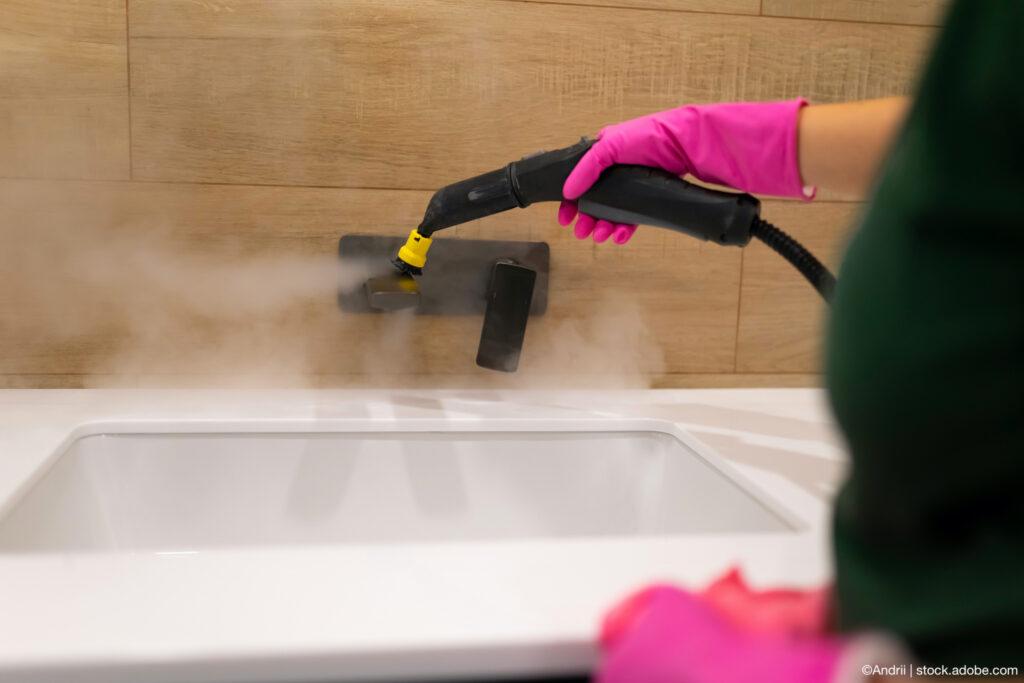
Less is more, and this applies to cleaning products as well. Many hotels have long used eco-friendly alternatives that are gentle on the environment and our health. You can pick up a few tips for your home here.
- Switch to eco-friendly cleaning products: These products are not only biodegradable, but also free from harsh ingredients. At the Naturhotel Outside in East Tyrol, a hiking hotel in the heart of Hohe Tauern National Park, these products are used with great success. This results in fewer chemicals in the air and wastewater, which is better for people and nature.
- Reconsider dosage: In most cases, a significantly smaller amount than what we would typically use or what is indicated on the packaging is sufficient. It is also worth taking a closer look at the recommended dosage for laundry detergent and dishwashing liquid, as it depends on the hardness of the water. Using them carefully conserves resources and saves money.
- Make your own alternative cleaning products: Vinegar, baking soda, and citric acid are surprisingly effective and easy to combine. Why not give them a try? (Here, you can find our recipe for an all-purpose DIY cleaner.)
6. Bathrooms: Small adjustments, big impact
You can also make a big difference in your bathroom without sacrificing comfort.
- Natural cosmetics from dispensers: Instead of small, single-use packages, many hotels are choosing refillable dispensers containing certified natural cosmetics. Read this article to find out which brands our partners use. Large and refill packs are also available for your own bathroom.
- Products without packaging waste: Liquid soap, shampoo, and shower gel can be purchased as solid products. There are also reusable cotton pads, wooden miswak toothbrushes, and many other sustainable alternatives.
7. Sustainability in everyday life: consciously choosing and caring for textiles
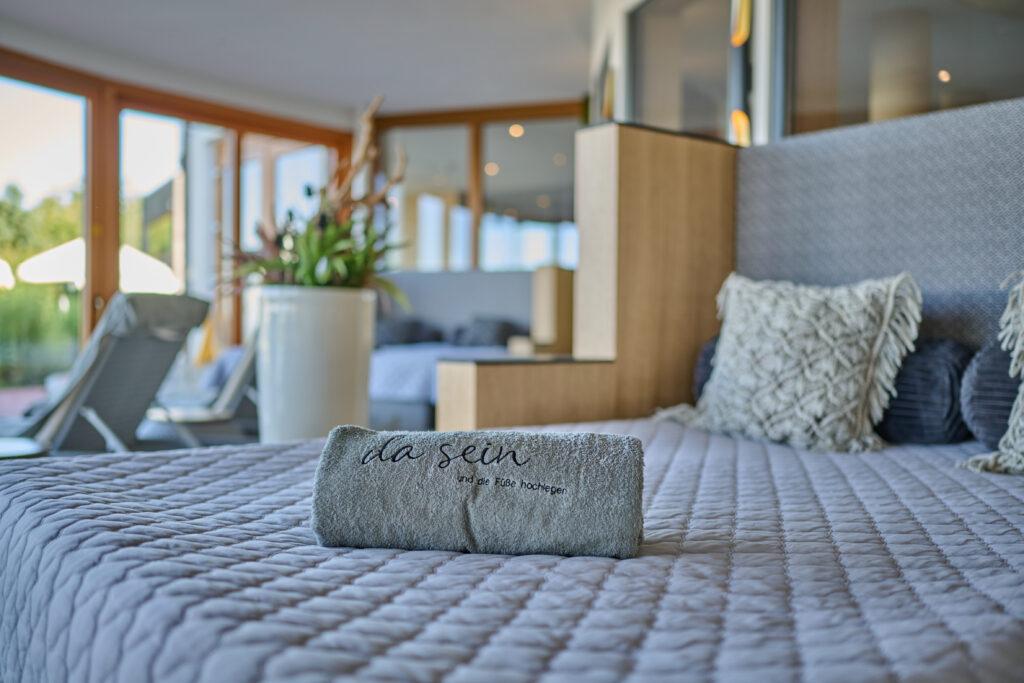
Textiles, such as bed linens, towels, and clothing, are always with us. Making conscious choices in this area can greatly benefit the environment and climate:
- Reuse towels: This is a classic hotel habit that also works at home—and one that you probably (hopefully!) already practice. You can wash other textiles, such as jeans, much less frequently if you hang them up to air out. This will help your clothes last longer.
- Sustainable Washing: Wash your clothes less often, at lower temperatures, and without fabric softener. This will extend the life of your clothes and protect the environment. This applies to both hotel laundries and home washing machines. Even choosing an eco-friendly detergent is a step in the right direction. Read this article to learn more about eco-friendly detergents and alternatives.
- Organic cotton and fair production: Look for labels such as GOTS or the Fair Wear Foundation when making your next purchase. These labels guarantee environmental standards and fair working conditions.
8. Mobility: Travel more gently
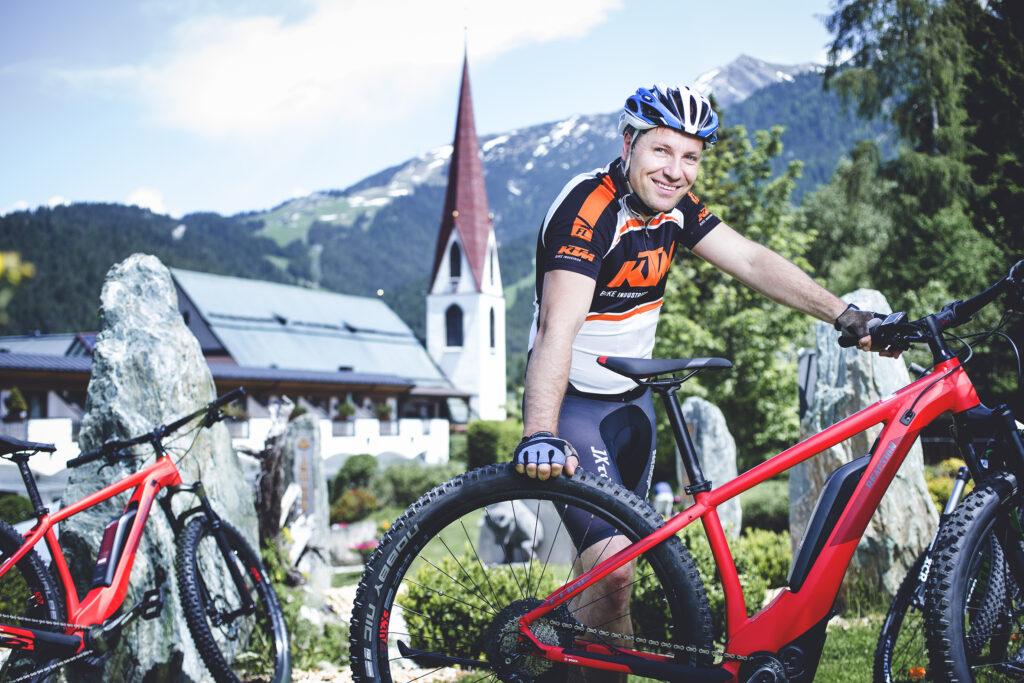
The way we travel has a significant impact on our carbon footprint. However, traveling sustainably can also be inspiring and adventurous.
- Take the train instead of a plane: For travel within Europe, the train is often a comfortable alternative. (See our article on new night train routes here.)
Some Green Pearls® hotels, such as the Hotel Klosterbräu in South Tyrol, offer pickup services from the train station, allowing you to travel without a car. The Hotel Klosterbräu provides guests traveling by train with free e-bikes and e-scooters for their entire stay. - Use e-bikes and public transportation: The APIPURA hotel rinner offers its guests a 50% discount on e-bike rentals. There is also the RittenCard, which allows you to use all local transportation, including the cable car, free of charge. This means you can enjoy your vacation without a car. What is your everyday situation? Could you get to work by e-bike? Not only would this be more environmentally friendly, it would also be much healthier!
- Discover nearby vacations: Does it always have to be a long flight? There are often beautiful, sustainable travel destinations right on your doorstep, which means fewer emissions and more time to enjoy yourself. Why don’t you take a look at Green PearlsⓇ to see if there’s a great place to stay in your area. 😉
9. Living and promoting regionality
Regionality, whether in the furnishings or at breakfast, creates a sense of closeness to the surrounding area and strengthens local cycles. For example, the Hotel Das Rübezahl, located near Neuschwanstein Castle in the Allgäu region, exhibits works by local artists that can be purchased on site. The hotel also produces its own honey. While this cannot be replicated exactly at home, you can check if similar products are available locally.
An example? Last week, I ordered a birthday present for my brother. He wanted a so-called “useless box.” Amazon sells these things, which are made in China and packaged in Styrofoam. Although I couldn’t find a truly sustainable producer on Etsy, I discovered a local craftsman with a simple, homemade website. I decided to support him instead. My brother thinks the workmanship is excellent. 🙂
10. Preserving and bringing nature to life
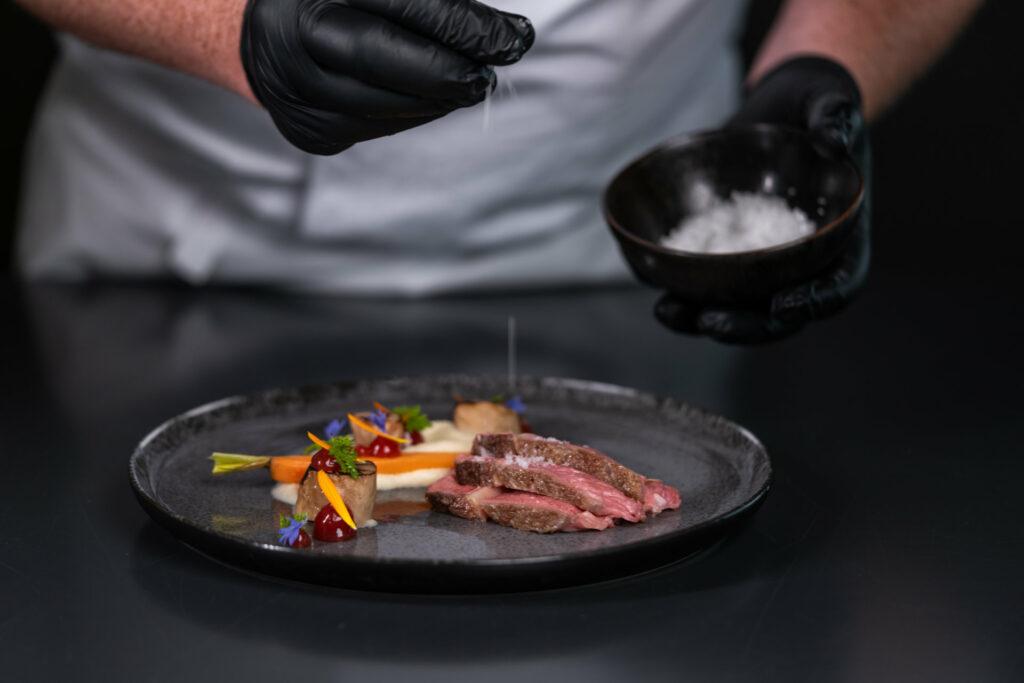
Sustainability doesn’t mean sacrifice; it creates new experiences and connections.
- Flower seed cards as gifts: These are available to guests at the Hotel Klosterbräu and the Schwarzwald Panorama, for example. Guests can plant the seeds at home to promote biodiversity in their gardens.
- A potted Christmas trees – reusable instead of cut down — as practiced by the Hotel Bella Vista in Zermatt and the Hotel Luise in Erlangen, for example. Read more about guilt-free Christmas trees here.
- Composting instead of throwing things away – can also be done in your own garden. At the STURM in Mellrichstadt, organic waste is composted and the resulting soil is used for the hotel’s snack garden. Portions are adapted to individual guests during “live cooking” to avoid food waste.
Conclusion: Even small changes in our daily lives can have a significant impact on sustainability.
Even a thousand-step journey starts with one step. And if each of us takes one step, it all adds up. Each time you make a conscious decision, such as drinking tap water, buying organic coffee, or taking your bike instead of your car, you’re making the world a little more sustainable.
Save this article on Pinterest to keep it within reach!
